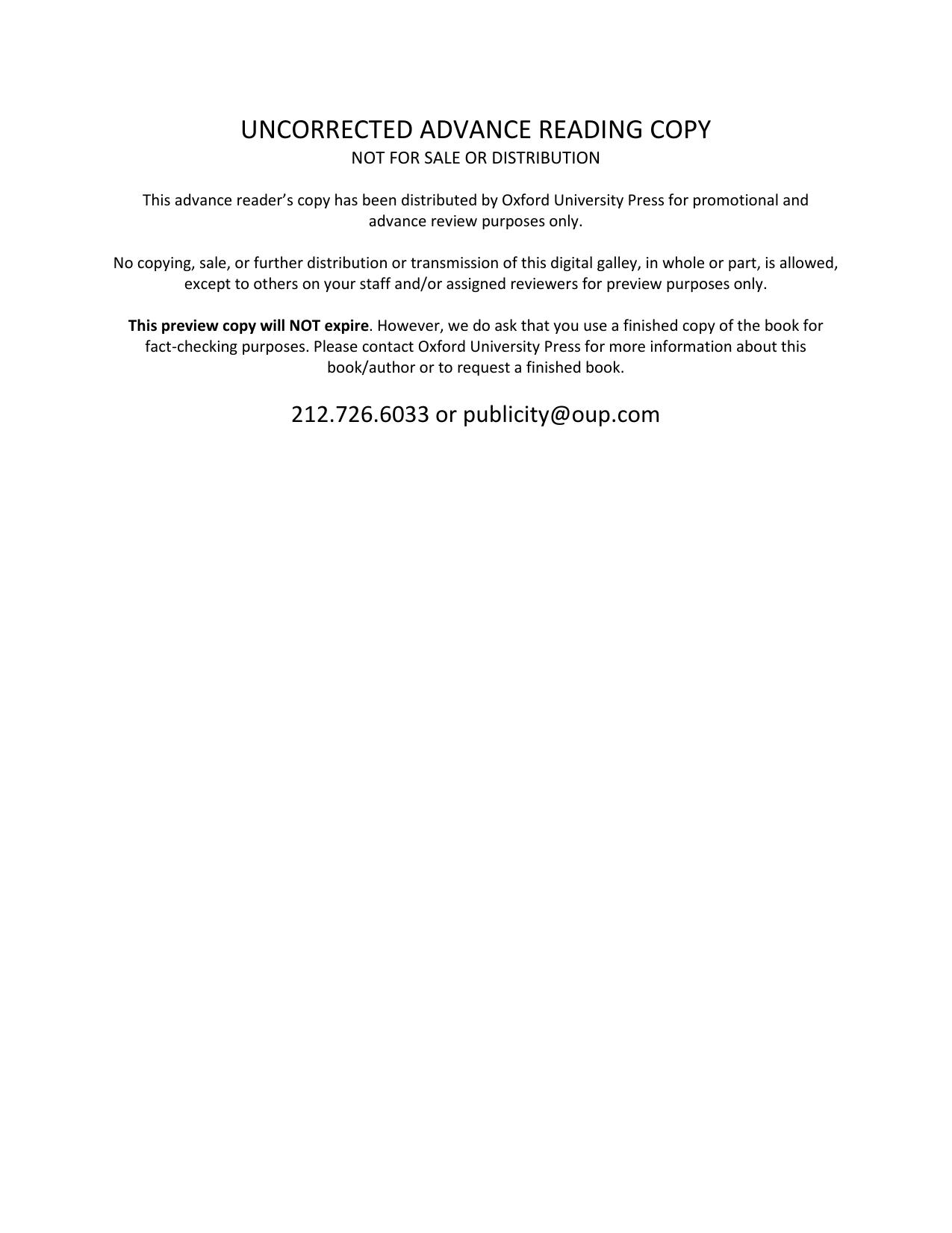How Everyone Became Depressed: The Rise and Fall of the Nervous Breakdown by EDWARD SHORTER

Author:EDWARD SHORTER
Language: eng
Format: mobi, pdf
Tags: Psychology, Clinical Psychology, Medical, General, Psychiatry, History
ISBN: 9780199948086
Publisher: OUP USA
Published: 2013-03-01T00:00:00+00:00
The Big Run-Up in Depression Begins
C arried aloft by the two great wings of neurotic depression and mixed anxiety-depression, from the 1920s on the frequency of diagnosed depression soared.
A red light: It is unlikely that the frequency of serious depression, which has deep genetic roots in brain biology, ever changes over time. Why would it? Genetic influences shift very slowly, if at all, and there is no reason to think that patients who would have had a positive dexamethasone suppression test—which identifies organicity in melancholia—would be more numerous today than in 1790. A number of clinical observers believe this too, and view claims of an increase in depression with skepticism (although they did not always say this loudly in public, as the pharmaceutical industry had a great deal invested in the idea of an increasing epidemic of depression enveloping us all). Paul Kielholz, professor of psychiatry in Basel who, with his powerful personality, had a great deal to do with spreading the notion of epidemic depression (in forming the International Committee for Prevention and Treatment of Depressive Illness in 1975), was privately of the opinion that serious depression did not change historically. His friend and colleague Raymond Battegay recalled in an interview with David Healy, “Kielholz was always of the opinion that the major depressions remain constant over time because they are predominantly hereditary diseases. What increased were the depressions resulting from a more and more stressful human environment.” 63 Gerald Klerman’s article in 1986 in a volume edited by Munich psychiatry professor Hanns Hippius firmly implanted in the profession the idea that the incidence of depression was increasing (although all he had to go on was the diagnosis of depression.64) Yet ever since the eighteenth century, people have believed that they lived in a stressful environment, and the idea that increasing stress causes increased depression would be comparable to the notion that rising stress in the nineteenth century caused increased nervousness: Certainly doctors were impressed that nerves and stress were always on the rise. But this is meaningless.
As early as World War I, depression became a significant diagnosis. In 1912 the New York Times, in one of its earliest uses of the term depression in connection with suicide, noted the death of Professor Robert Syms in the Manhattan State Hospital of “depressive insanity.” Professor Syms had been ill on several occasions and initially was taken to Bellevue Hospital in Manhattan “suffering from melancholia and mental depression.” 65
Thus did depression begin its strut. In 1926 Farquhar Buzzard spoke at a meeting of the Section of Neurology and Psychology of the British Medical Association. “Dr Buzzard believed that this psychosis [manic-depressive ‘psychosis’] was very common, if not the commonest, mental disorder; it was rarely recognized, except by experts; but its recognition was a matter of great practical importance in relation to prognosis and treatment. It was as common as migraine … ” 66 Today we think migraine afflicts around one in 10 people. That would have made the depression of Emil Kraepelin’s manic-depressive illness common indeed among Buzzard’s upper-middle-class practice.
Download
How Everyone Became Depressed: The Rise and Fall of the Nervous Breakdown by EDWARD SHORTER.pdf
This site does not store any files on its server. We only index and link to content provided by other sites. Please contact the content providers to delete copyright contents if any and email us, we'll remove relevant links or contents immediately.
Should I Stay or Should I Go? by Ramani Durvasula(7658)
Why We Sleep: Unlocking the Power of Sleep and Dreams by Matthew Walker(6706)
Fear by Osho(4727)
Flow by Mihaly Csikszentmihalyi(4689)
Rising Strong by Brene Brown(4451)
Why We Sleep by Matthew Walker(4434)
The Hacking of the American Mind by Robert H. Lustig(4375)
How to Change Your Mind by Michael Pollan(4355)
Too Much and Not the Mood by Durga Chew-Bose(4338)
Lost Connections by Johann Hari(4174)
He's Just Not That Into You by Greg Behrendt & Liz Tuccillo(3891)
Evolve Your Brain by Joe Dispenza(3672)
The Courage to Be Disliked by Ichiro Kishimi & Fumitake Koga(3489)
Crazy Is My Superpower by A.J. Mendez Brooks(3398)
In Cold Blood by Truman Capote(3376)
Resisting Happiness by Matthew Kelly(3337)
What If This Were Enough? by Heather Havrilesky(3308)
The Book of Human Emotions by Tiffany Watt Smith(3303)
Descartes' Error by Antonio Damasio(3271)
